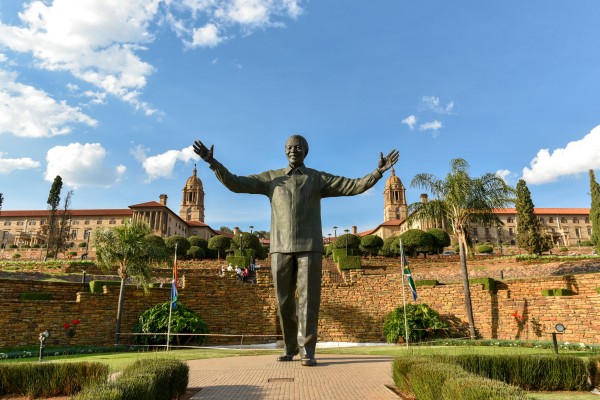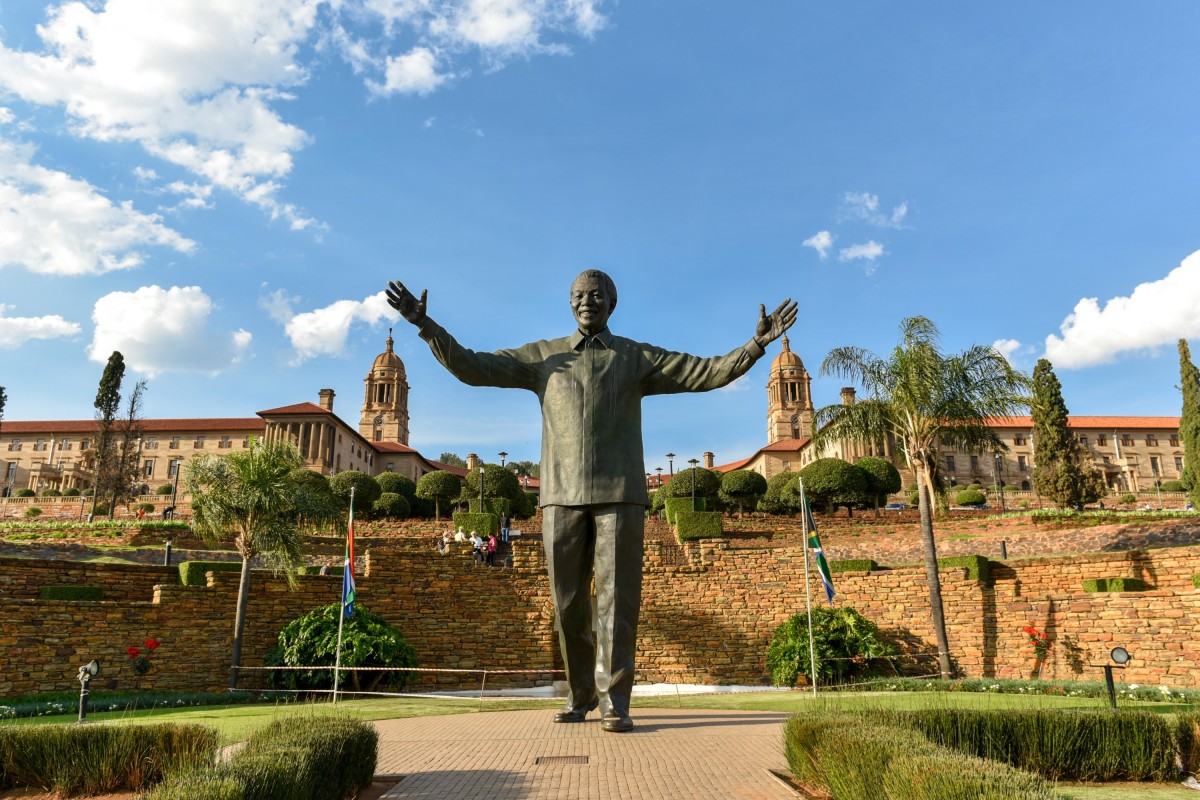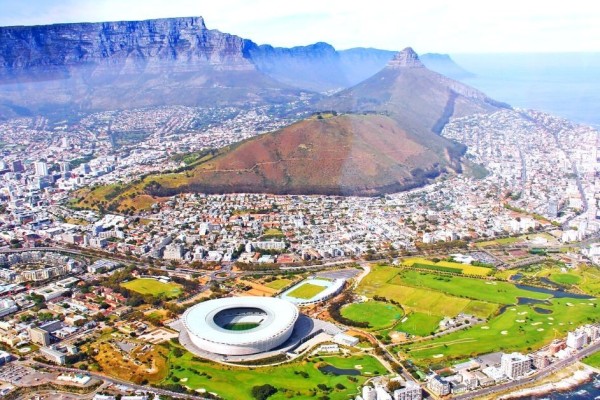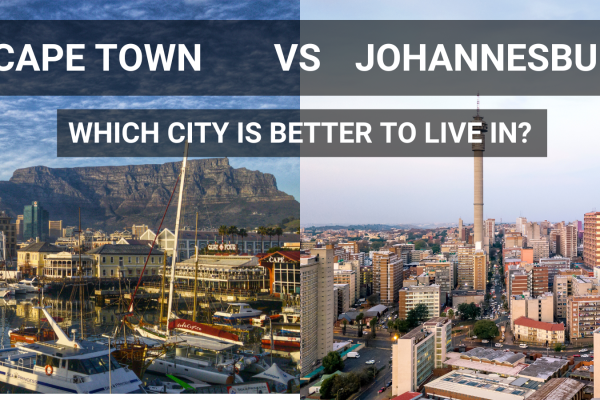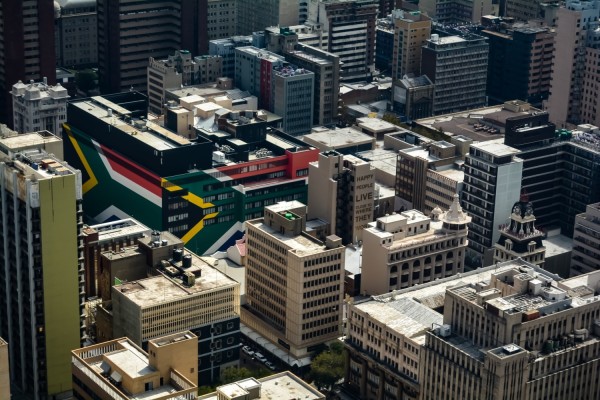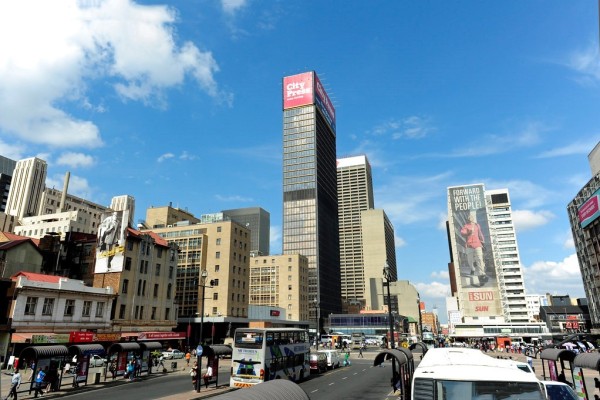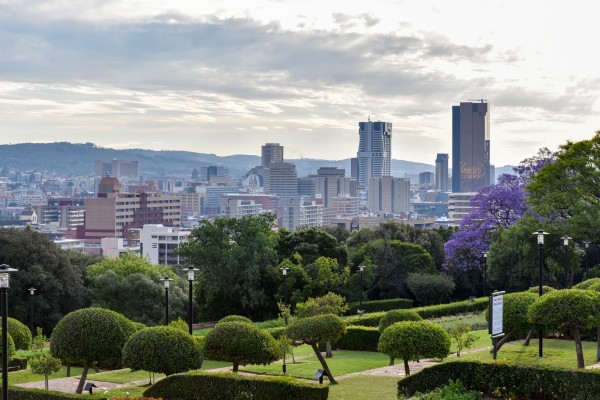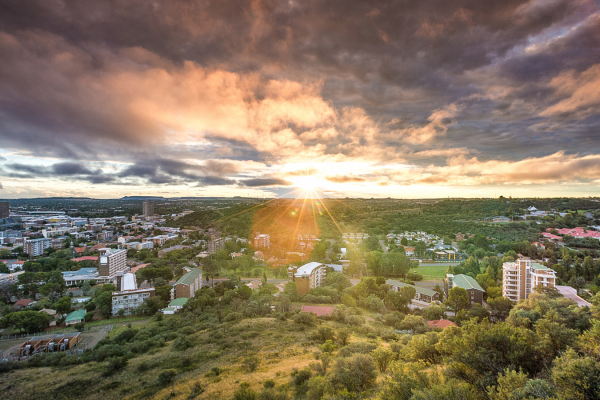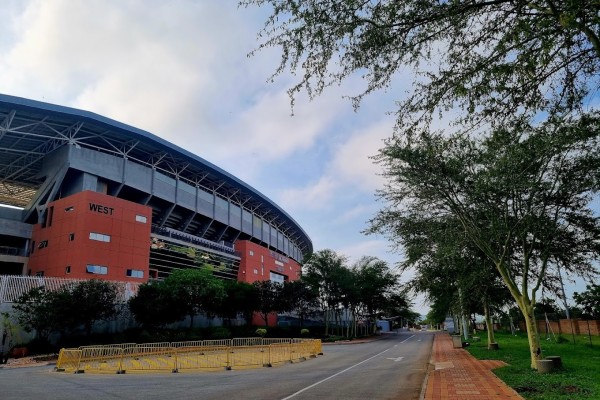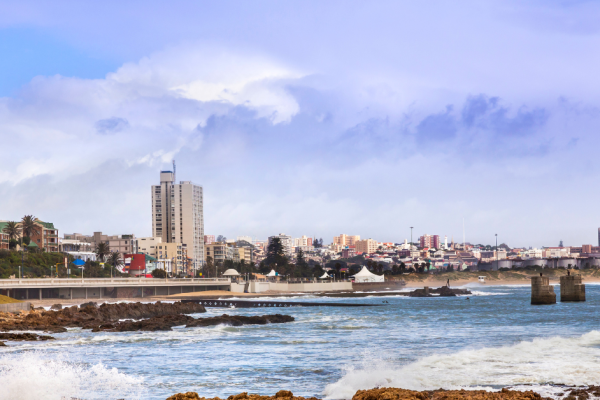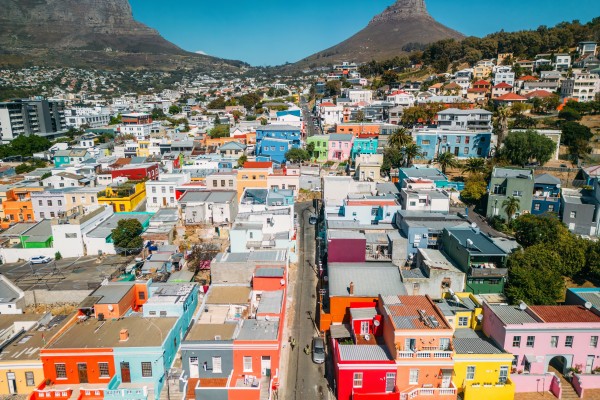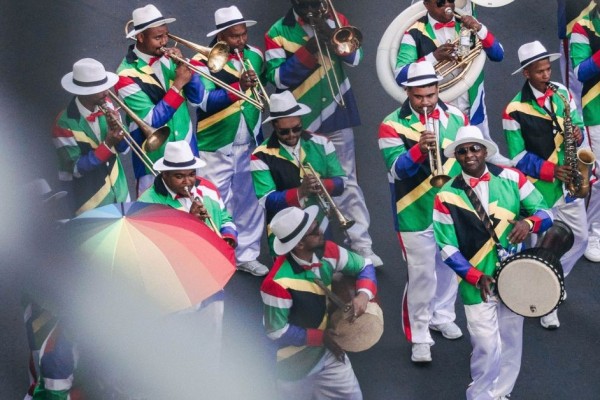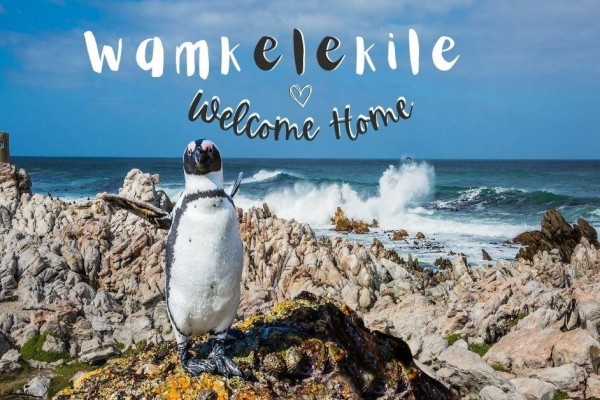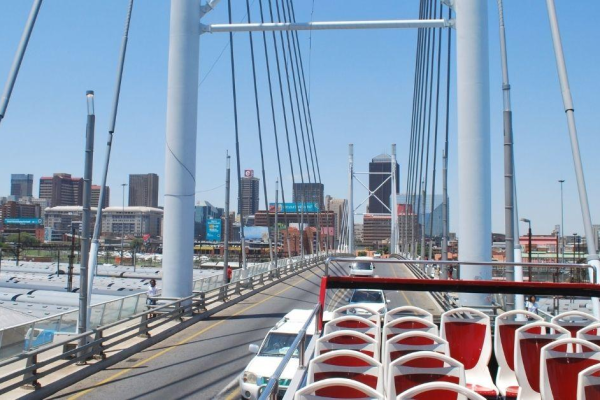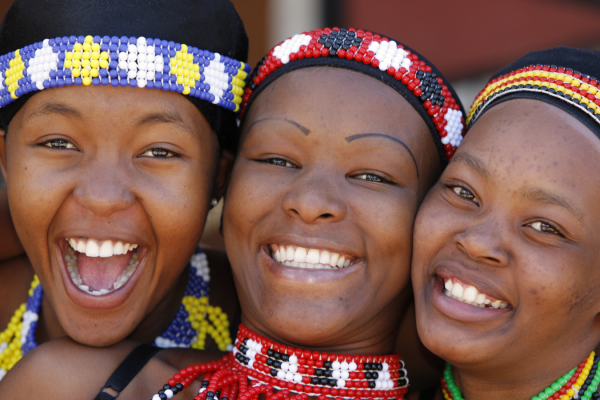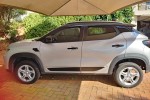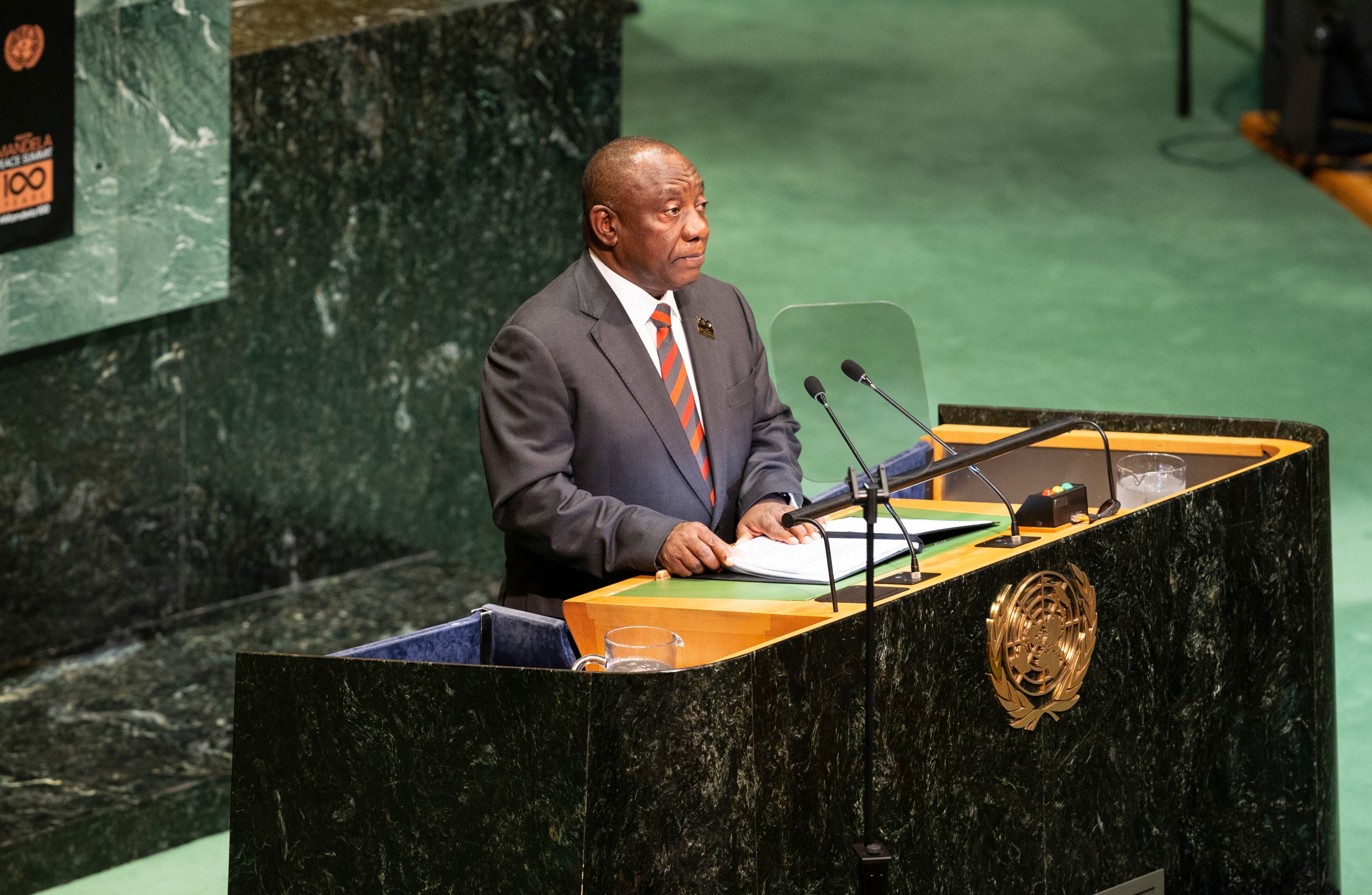
Have you ever played a trivia game where the question "What is the capital of South Africa?" pops up? If you confidently answered one of the major cities, you might want to sit down for this. In a delightful twist of geographical trivia, South Africa boasts not one, not two, but three capital cities!
South Africa and Politics
Known for its stunning landscapes, rich history, and vibrant cultures, South Africa is a country that never ceases to amaze.
Among its many unique features is the unusual arrangement of having three capitals, each serving a distinct purpose in the nation's governance. This arrangement is a tale woven with threads of history, politics, and a dash of pragmatism.
But first, let’s answer the burning question…
What is the capital of South Africa?
The capital cities of South Africa are Pretoria (executive), Bloemfontein (judicial), and Cape Town (legislative).
Pretoria (Executive Capital)
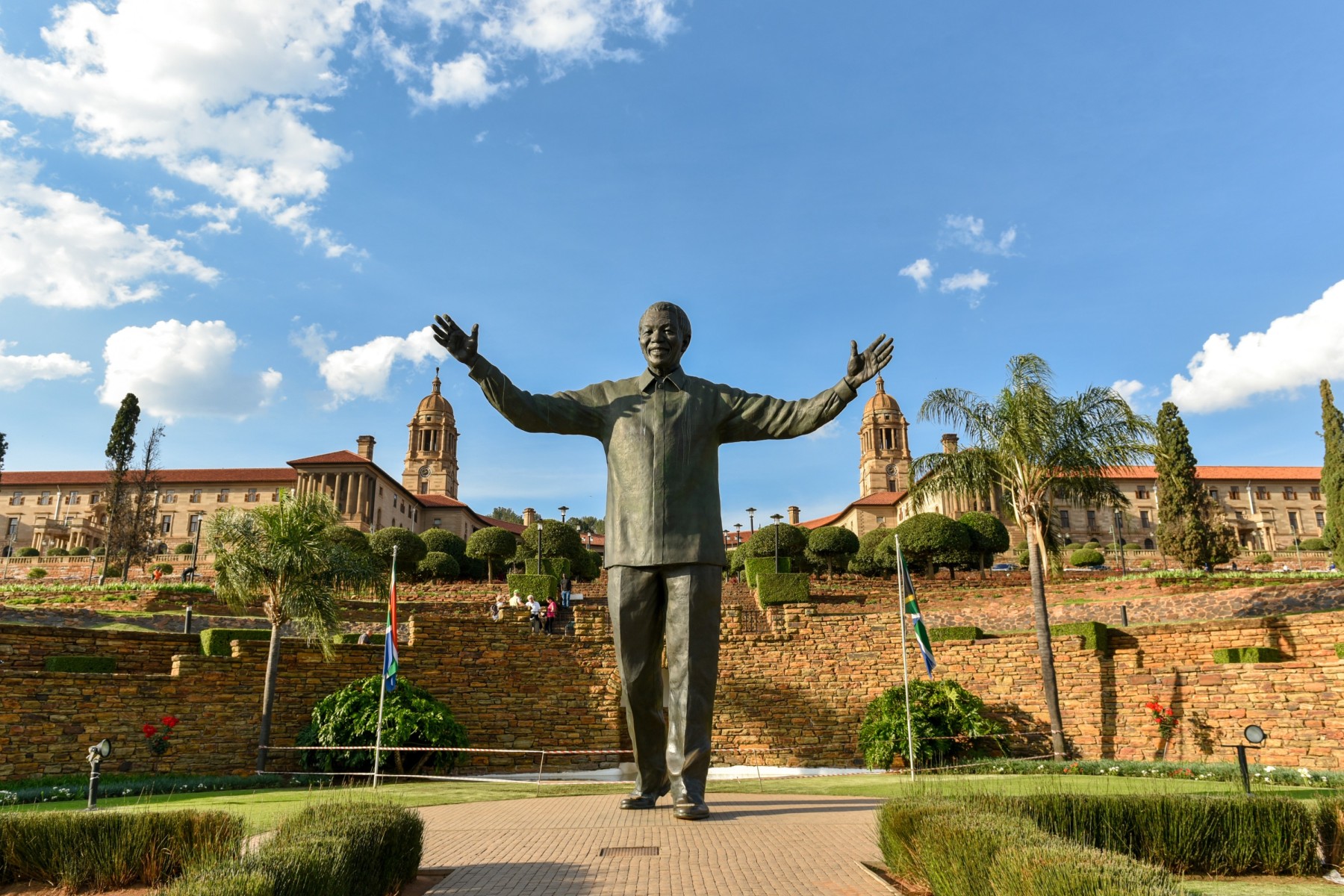
Pretoria is the executive powerhouse where the President's office is located. Pretoria is also adorned with jacaranda trees that turn the city purple in spring – talk about royal treatment!
Bloemfontein (Judicial Capital)
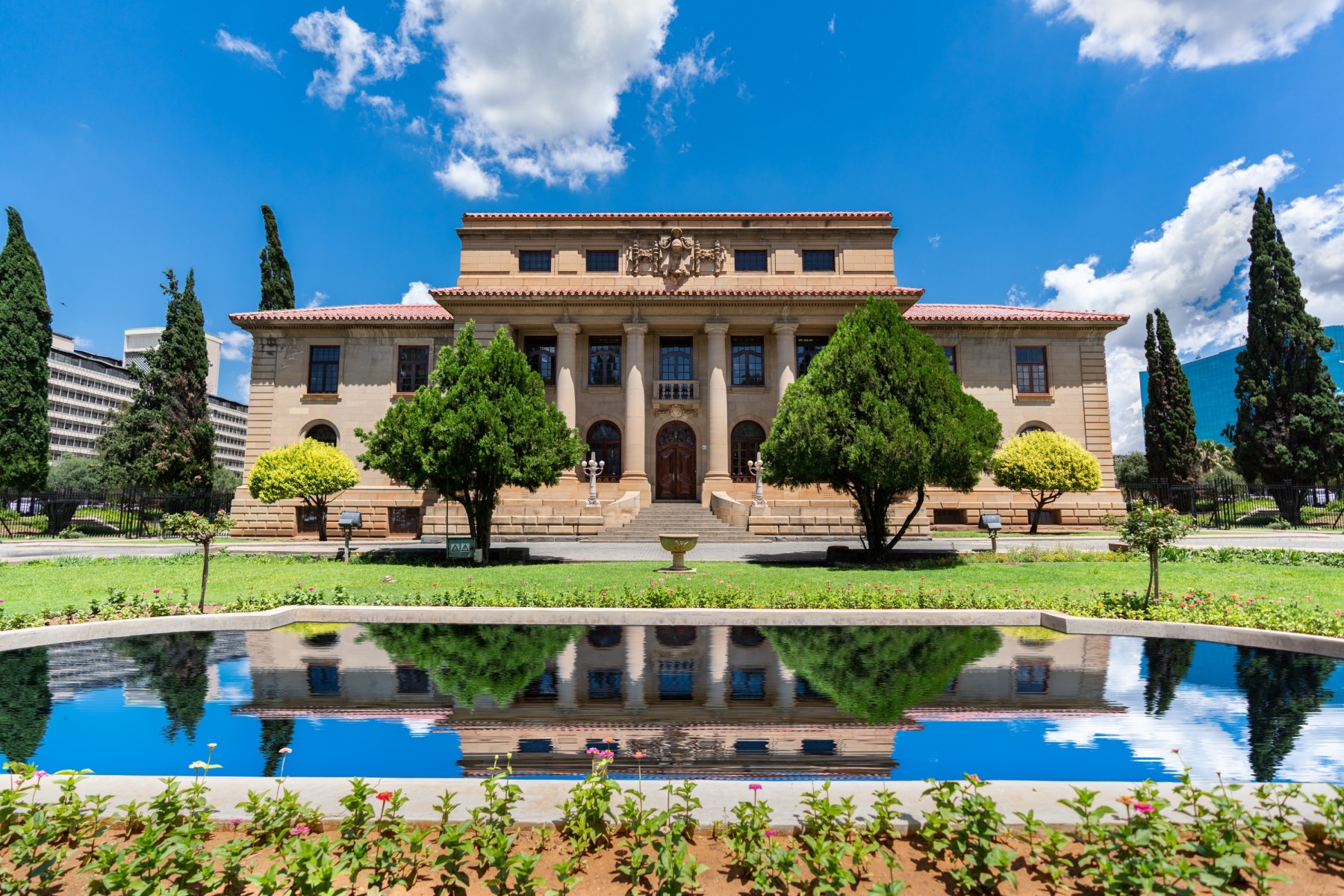
Bloemfontein, or "the city of roses", is the judicial heart of South Africa. It houses the Supreme Court of Appeal, and let's not forget its stunning architecture and historical museums. It's like stepping into a legal drama, but with more flowers and less courtroom shouting.
Cape Town (Legislative Capital)
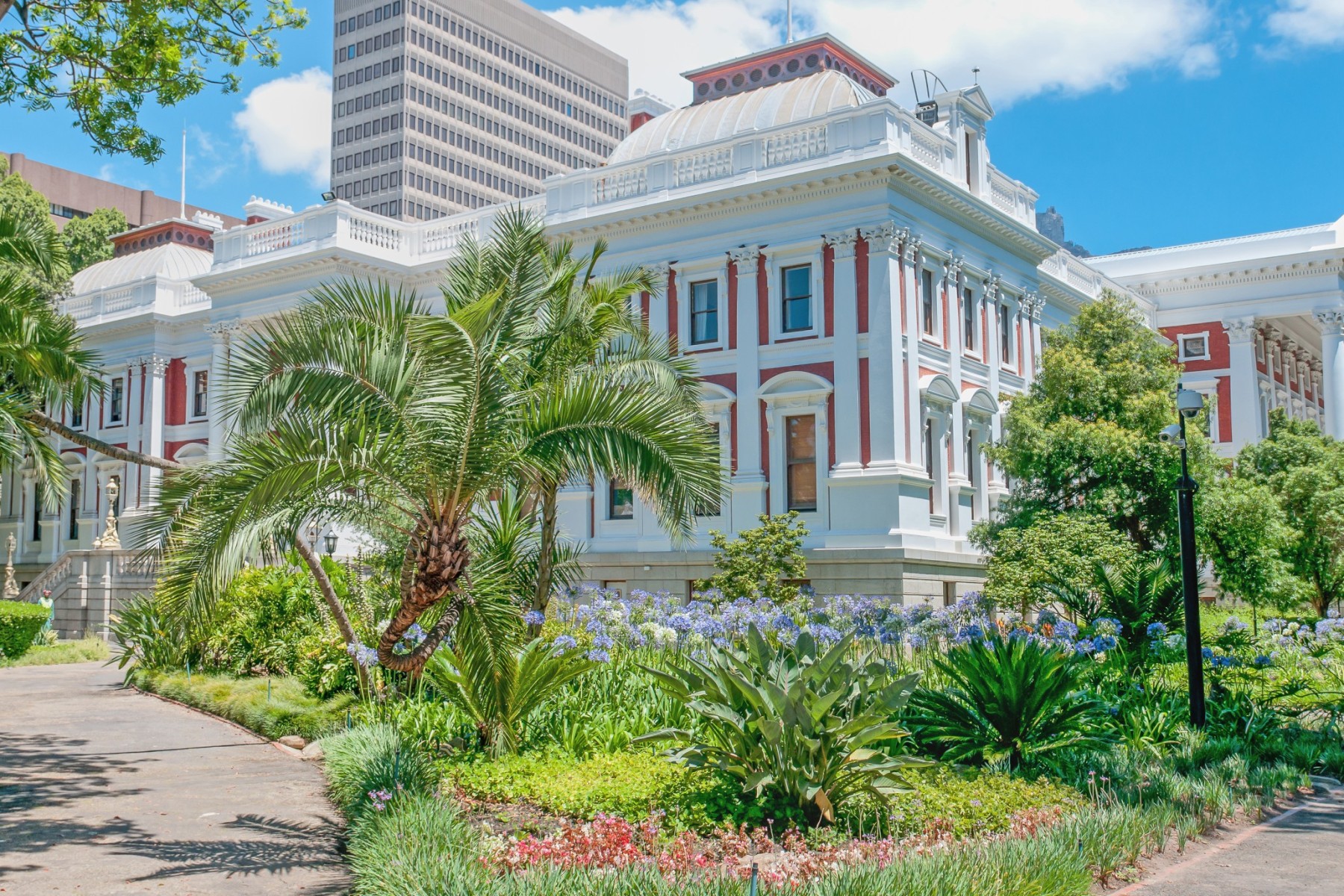
Cape Town is where the laws are made, sitting pretty as the legislative capital. Home to the iconic Table Mountain and the bustling V&A Waterfront, Cape Town mixes legislative sessions with scenic beauty and a vibrant street life. It's where politics meets picturesque.
Did you know? The President has two official residences? Mahlamba Ndlopfu in Pretoria and Genadendal in Cape Town. Officially, he lives in Cape Town– we think he made a good choice! You can often see the President walking the promenade in Sea Point!
Why Three Capitals?
So, why three capitals? Post the Anglo-Boer War, this was a strategic move to appease rival colonial powers and distribute administrative functions. It's like saying, "Can't decide on pizza or sushi for dinner? Let's have both!"
Comparative Analysis of South Africa’s Capital Cities
When we delve into the specifics, each of South Africa's capital cities stands out for its unique characteristics, roles, and contributions to the nation's identity.
Pretoria– Executive Capital
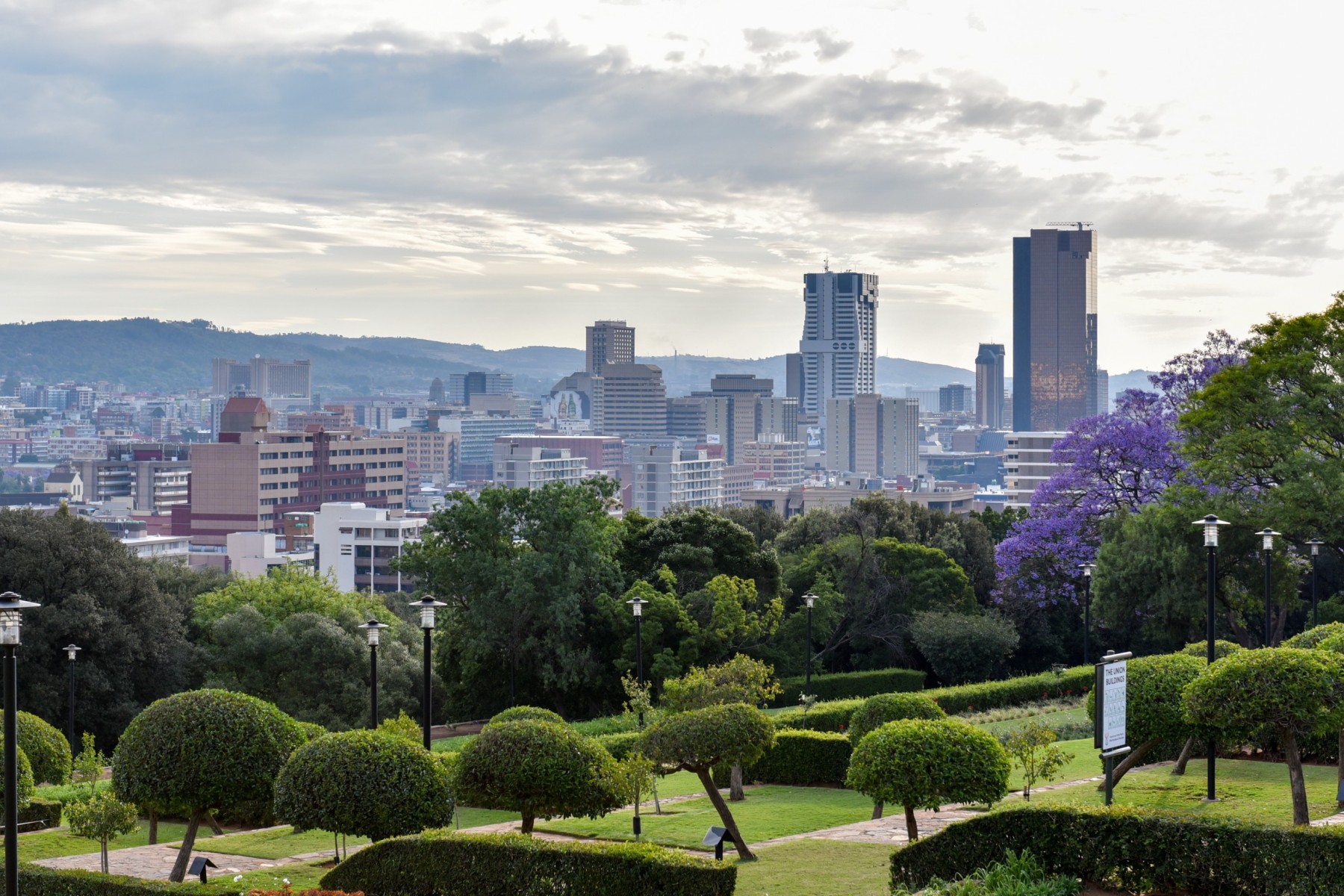
Population & Geography: Pretoria, part of the Tshwane Metropolitan Municipality, boasts a population of over 2 million. It's situated in the northern part of Gauteng Province and is often praised for its beautiful streets lined with jacaranda trees and rich Afrikaans culture.
Governmental Role: As the executive capital, Pretoria is the seat of the President and the Cabinet. The Union Buildings, a symbol of political authority and architectural marvel, are located here.
Economy & Infrastructure: Predominantly a government-oriented city, Pretoria also has thriving industries in education, research, and legal services. It hosts multiple embassies, research institutes, and universities, including the University of Pretoria.
Bloemfontein– Judicial Capital
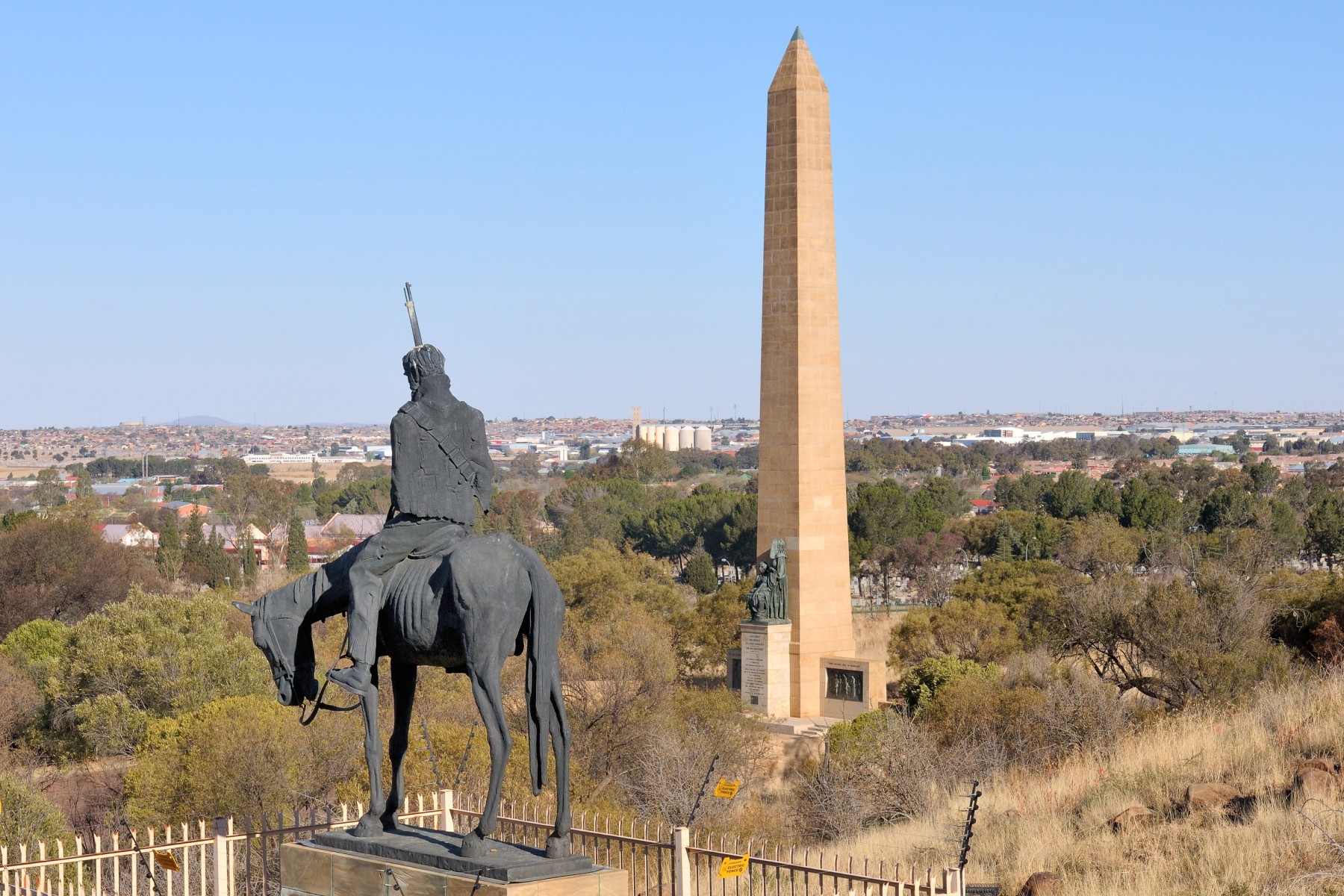 Population & Geography: Bloemfontein, the capital of the Free State Province, is smaller, with a population nearing 600,000. It is centrally located, often earning it the nickname "heart of South Africa."
Population & Geography: Bloemfontein, the capital of the Free State Province, is smaller, with a population nearing 600,000. It is centrally located, often earning it the nickname "heart of South Africa."
Judicial Significance: Home to the Supreme Court of Appeal, Bloemfontein is the judicial epicentre of the country. The court's decisions influence the entire nation's legal landscape.
Cultural & Educational Hub: Known for its historical and cultural significance, it houses several museums and monuments. The University of the Free State adds to its academic atmosphere.
Cape Town– Legislative Capital
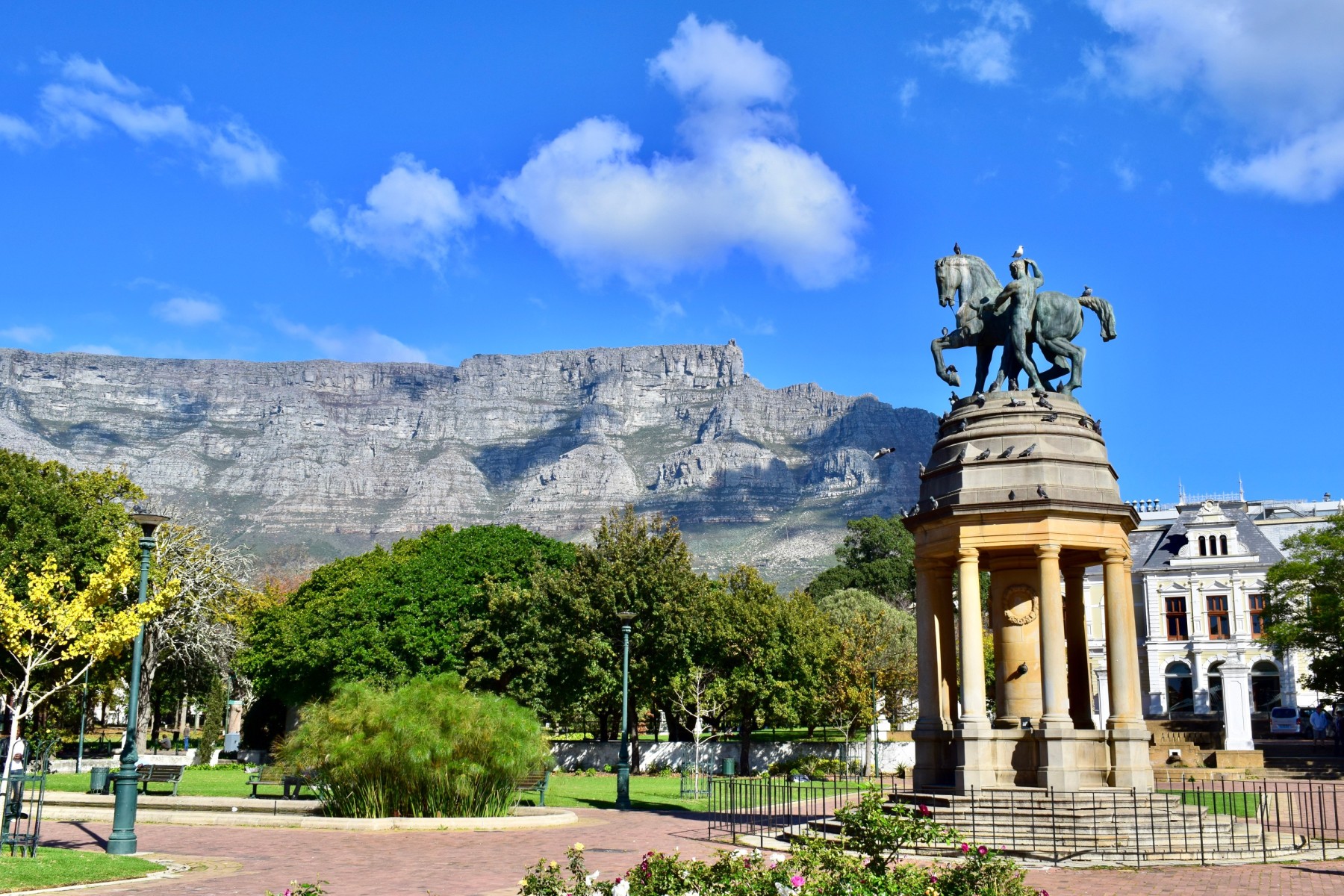 Population & Geography: Cape Town, the oldest city in South Africa, is also the most populous of the three capitals, with over 4.6 million residents. It's renowned for its stunning natural landscapes, including Table Mountain and Cape Point.
Population & Geography: Cape Town, the oldest city in South Africa, is also the most populous of the three capitals, with over 4.6 million residents. It's renowned for its stunning natural landscapes, including Table Mountain and Cape Point.
Legislative Functions: As the legislative capital, it is home to the Parliament of South Africa, where laws are debated and enacted.
Tourism & Economy: The city is also a major tourist destination, known for its vibrant culture, diverse culinary scene, and significant landmarks like Robben Island. Its economy is diverse, encompassing everything from film and media to shipping and manufacturing. It also has one of the best universities in the country– UCT.
Each city contributes to South Africa's governance and cultural identity in a distinct way. Pretoria's administrative leadership, Bloemfontein's judicial wisdom, and Cape Town's legislative charm together create a well-rounded portrayal of the nation's multifaceted character.
Impact on Governance and Administration
The trifecta approach of having three capital cities in South Africa is not just a geographical novelty; it has profound implications and benefits for governance and administration.
1. Representation and Balance
Cultural and Political Representation: By distributing the capitals, South Africa acknowledges its diverse cultural and political landscape. Each capital city represents different historical, cultural, and political narratives, offering a more inclusive representation of the nation's multifaceted identity.
Power Distribution: This setup decentralizes power, preventing one city from becoming the sole focus of political and administrative power. It helps in balancing regional influences and interests within the country.
2. Economic Benefits and Regional Development
Economic Diversification: Having three capitals fosters economic growth in different regions. While Pretoria and Cape Town are more urban and developed, Bloemfontein's status as a capital boosts its profile and economy.
Job Creation and Infrastructure Development: This arrangement has led to the development of infrastructure and the creation of jobs in multiple sectors across these cities, aiding in balanced regional development.
3. Historical and Political Significance
Historical Reconciliation: The decision to retain all three capitals post-apartheid was a move towards historical reconciliation. It acknowledged the significance of each city in the country's diverse history.
National Unity: The spread of capitals is a symbol of national unity, reflecting an attempt to harmonize various regional and cultural identities under one nation.
4. Administrative Efficiency and Challenges
Efficiency in Governance: Each capital focuses on its specific administrative role, potentially leading to more efficient governance. The division allows for specialization and a clearer division of administrative duties.
Now you know– Mzansi has three capitals!
South Africa's trio of capitals isn't just a quirky footnote in geography textbooks; it's a reflection of the country's multifaceted identity and history. While it presents unique challenges, the benefits of this arrangement in terms of representation, economic development, and national unity are significant. So, next time someone asks about South Africa's capital, you've got a mini-lecture ready!

If you want to pursue your political career or simply move to one of these cities for better local government (we get you), then let Wise Move help you get there. With our moving services, you'll experience the best move of your life and it doesn't even have to be a political one!
What do our customers say?


